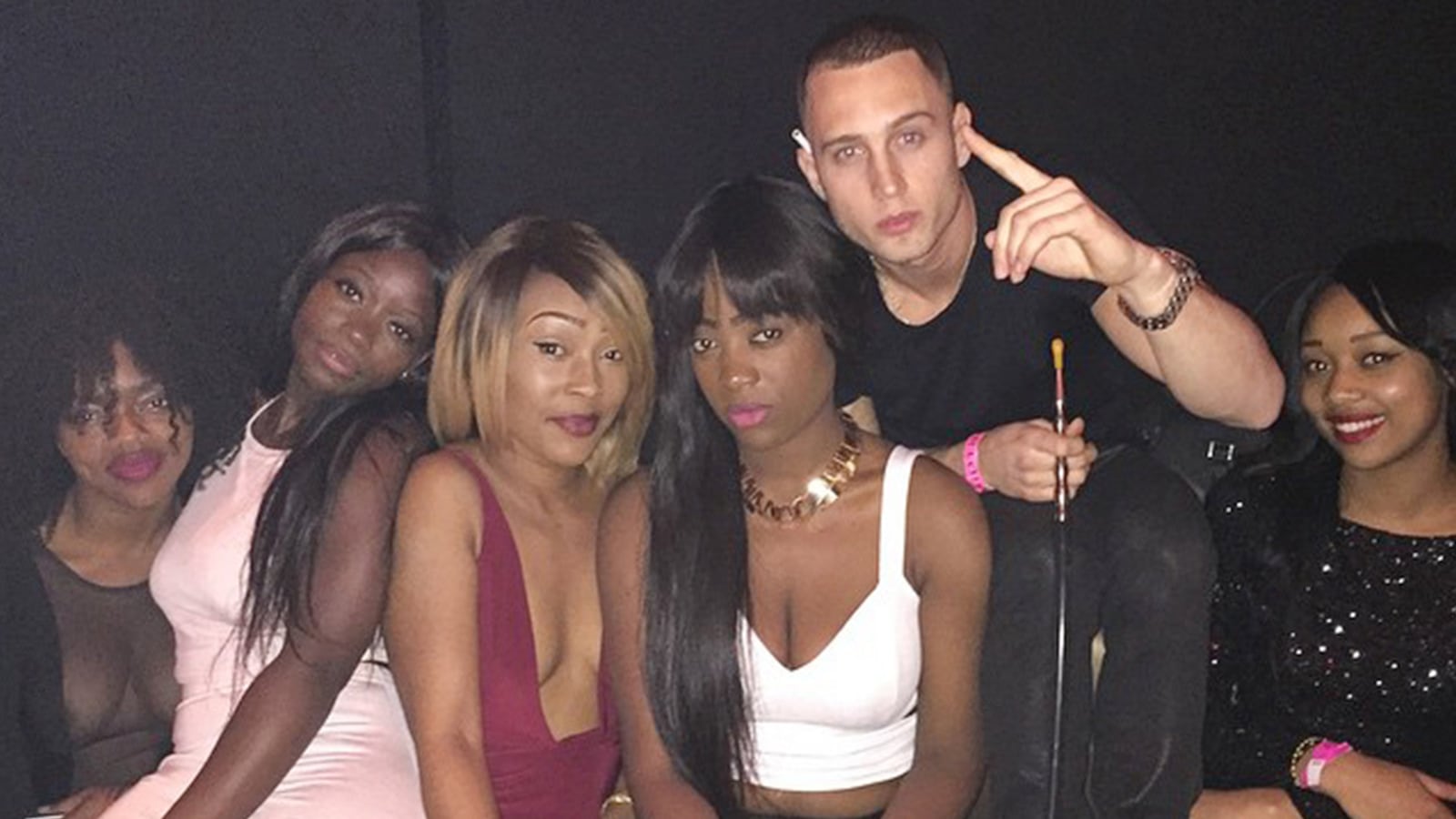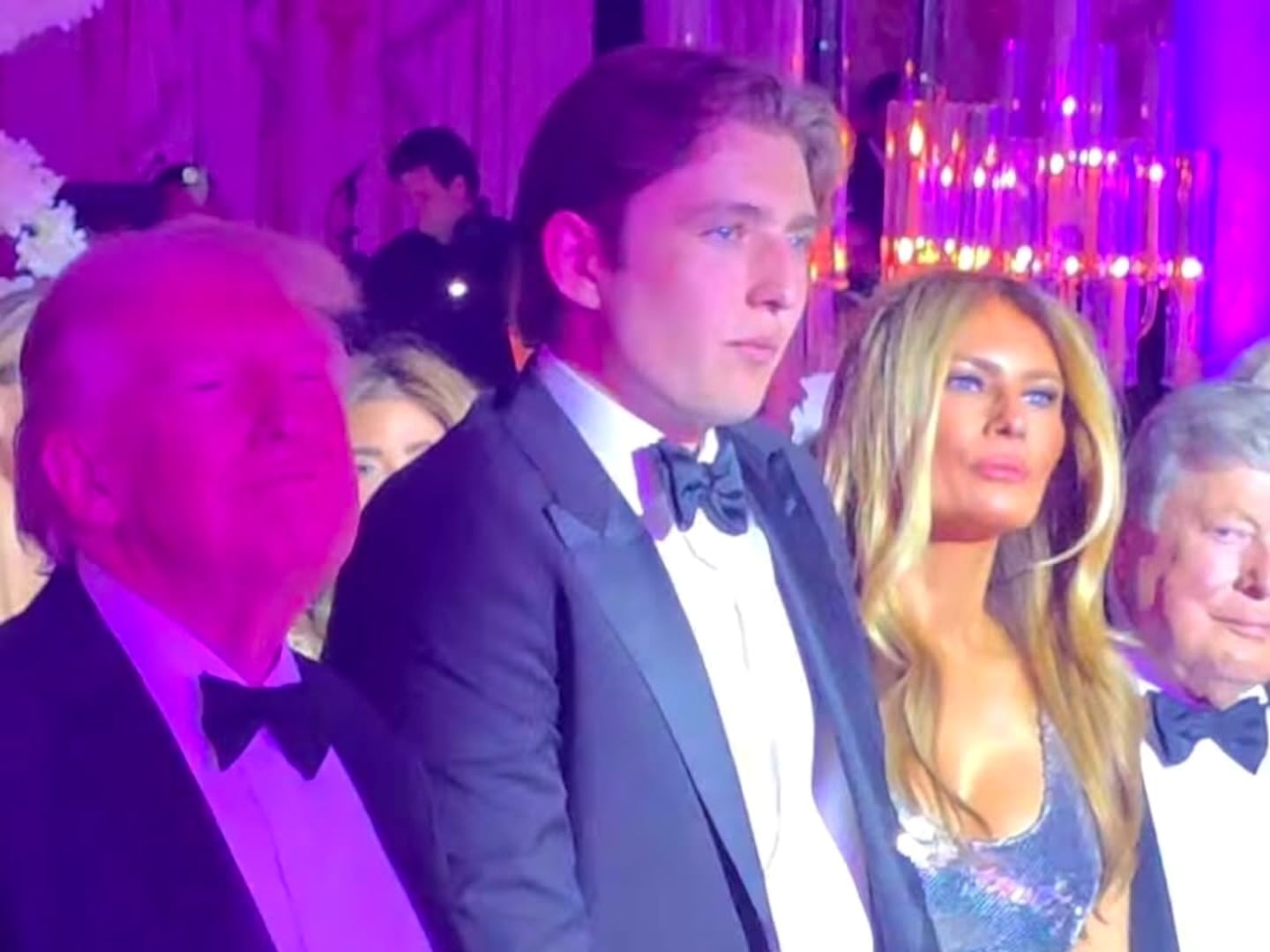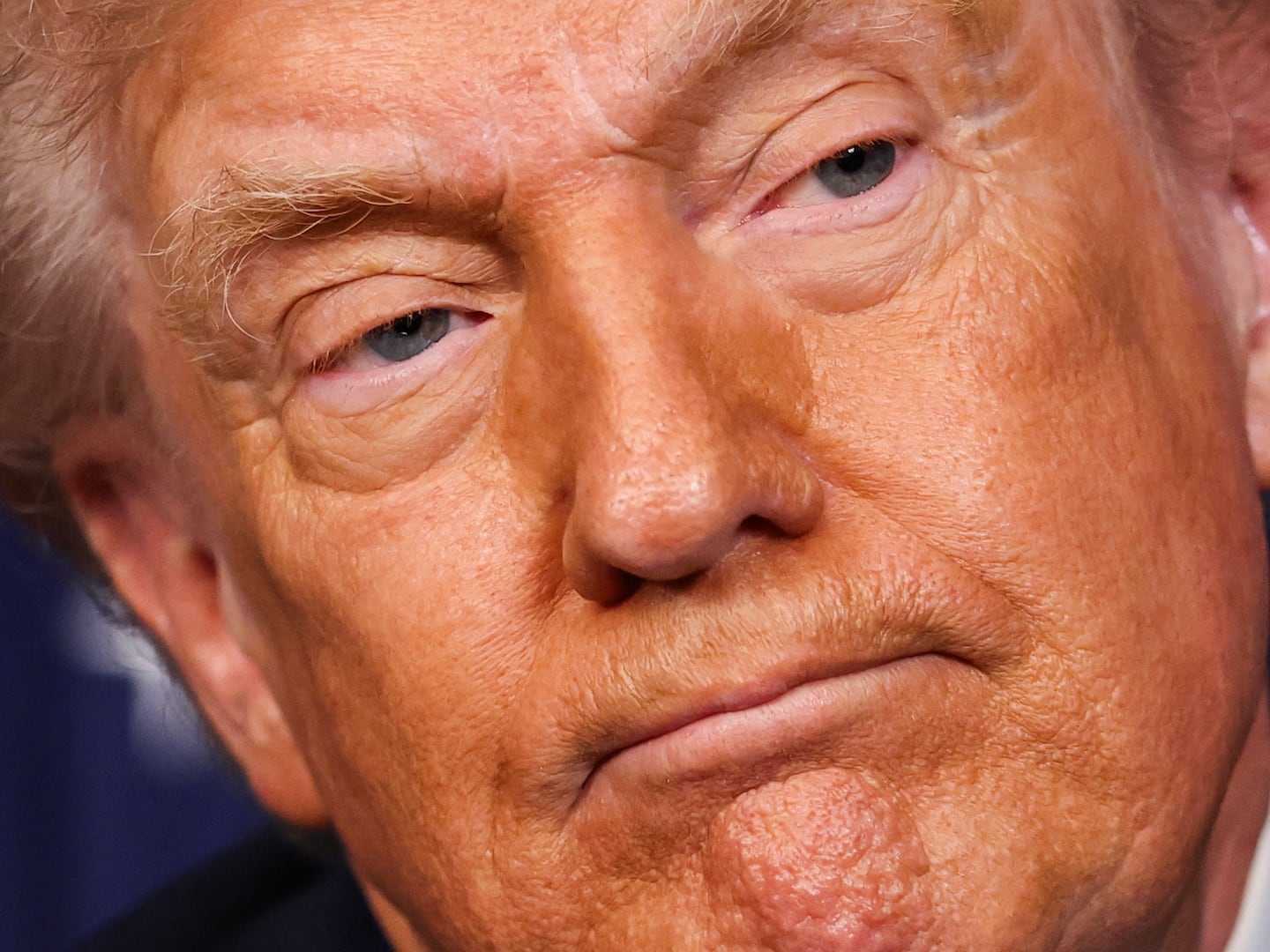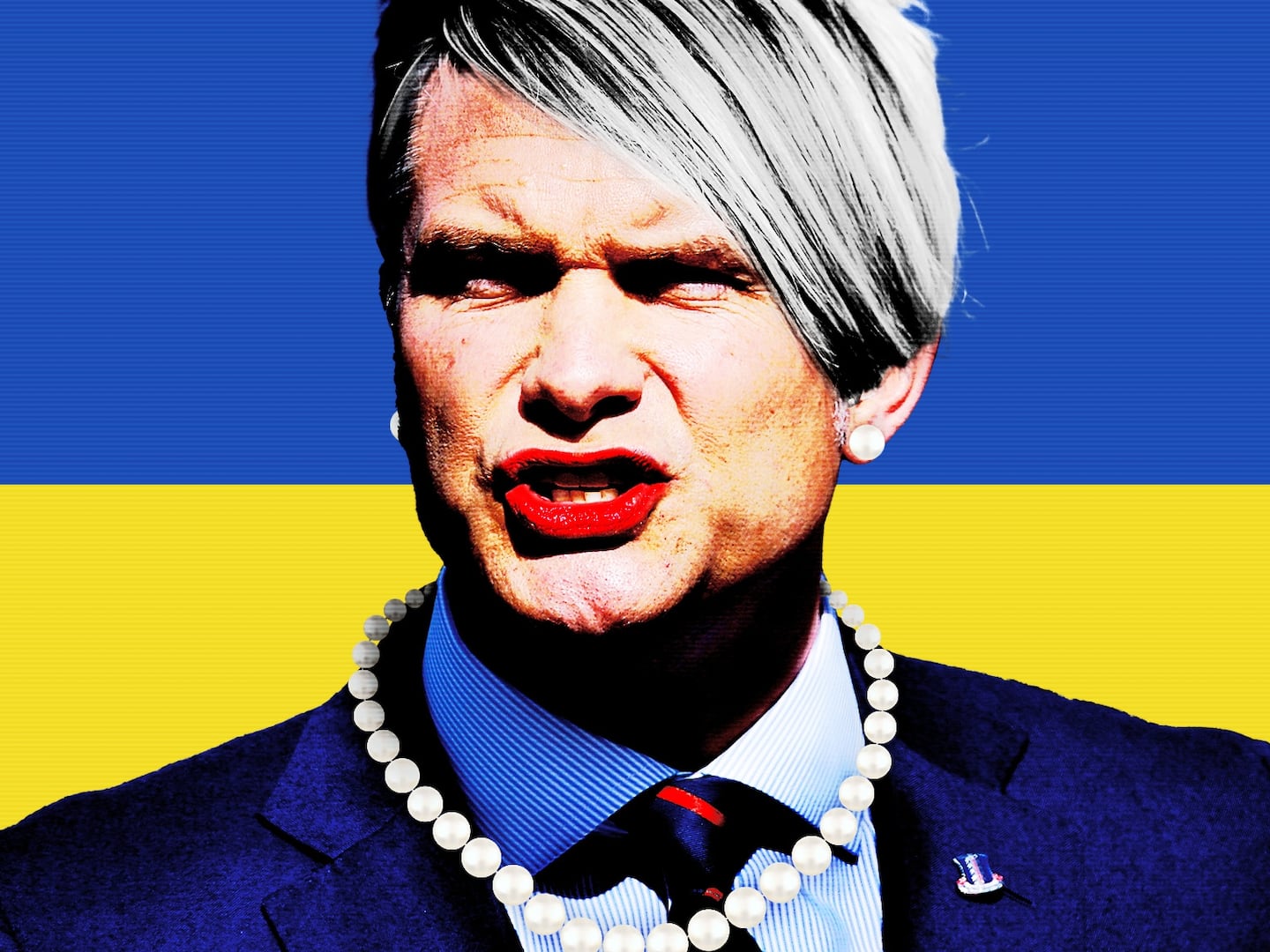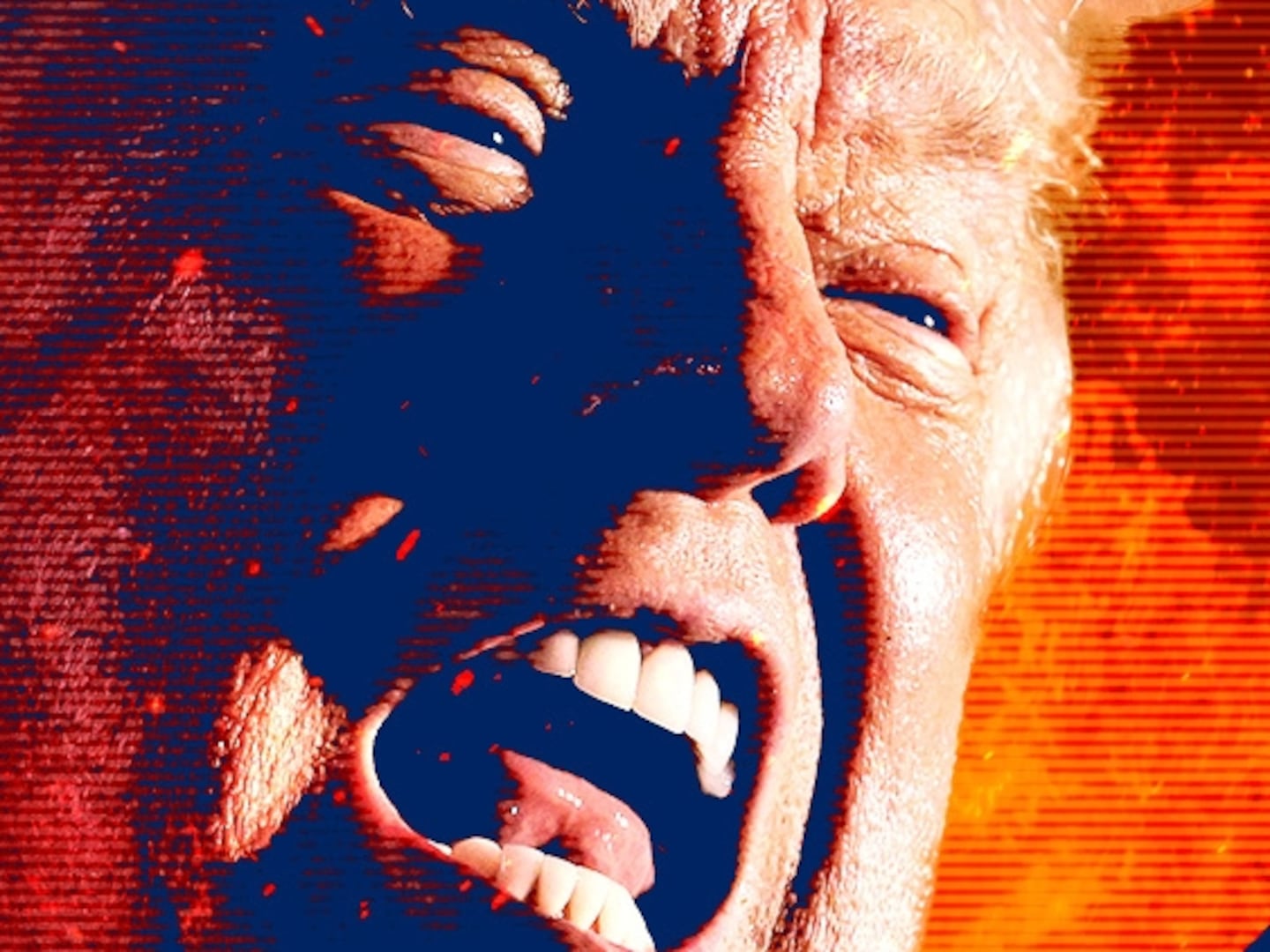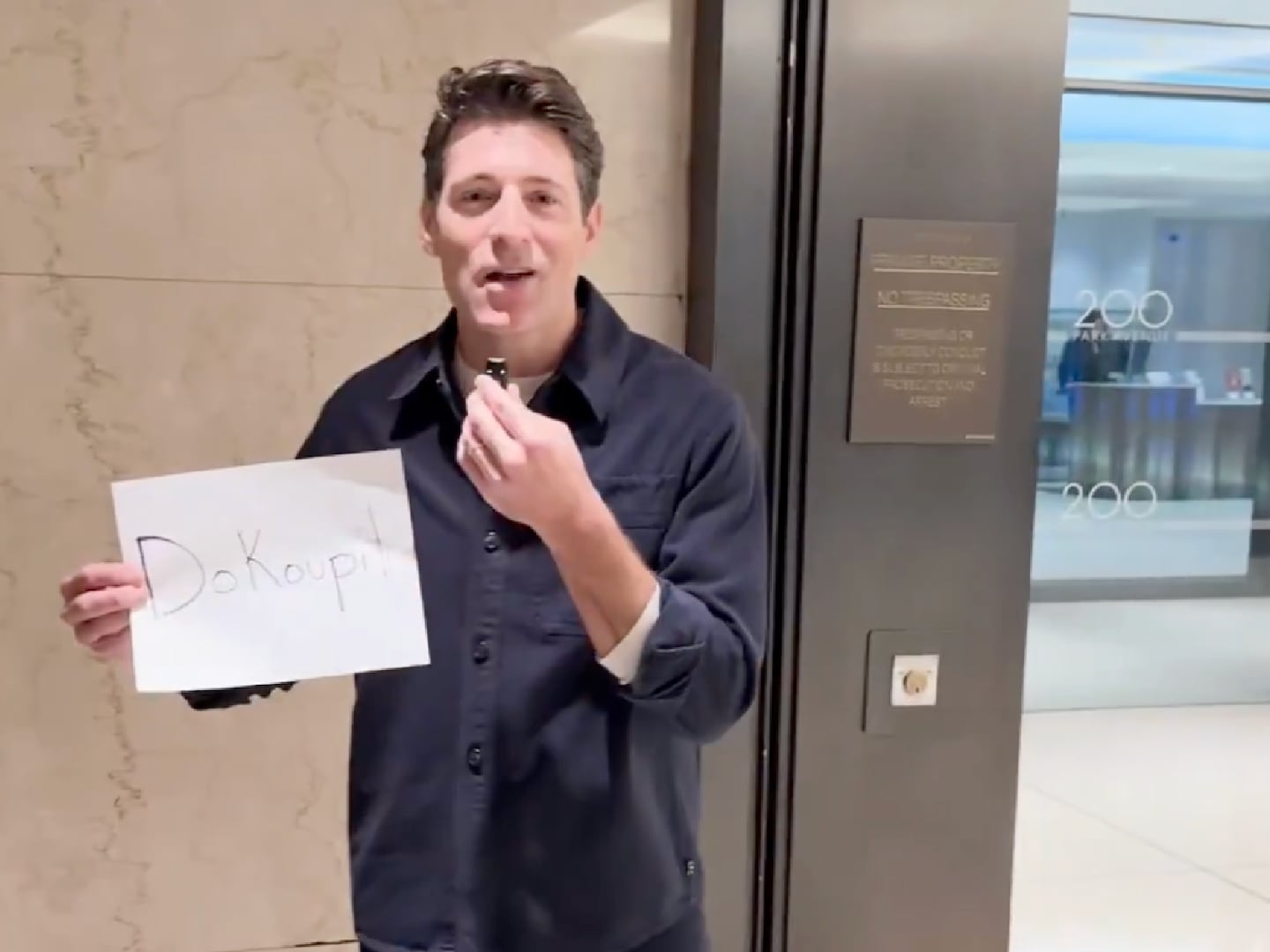Chet Hanks, the eldest son of Hollywood superstar Tom Hanks and his wife, actress Rita Wilson, raised eyebrows this weekend when the 24-year old used the “N-word” on Instagram. Hanks, who had a minor role in Indiana Jones and the Kingdom of the Crystal Skull, has been trying to kick-start a hip-hop career (under the moniker “Chet Haze”) for almost four years—having released a single in 2011. In the IG post, Hanks rails against unspecified “so called friends” who he dismisses as “hating ass niggaz.”
“2 types of people in this world: those who know exactly what it is they want and are doing everything they can to get it; and those who just wander aimlessly through life because they are scared to death of failure,” wrote Hanks. “I’ve lost a lot of so called friends cuz they turned out to be the second kind. Fuck yall hating ass niggaz I’ll never stop chasing my dream #OneLifeOneGodOneLove.”
This latest outburst wasn’t entirely out of character. Hanks bristles at anyone who has called out his privileged background. In April, he feuded with shock jock Howard Stern after Stern mocked his fledgling hip-hop career, and he’s posted Instagram pics that appear to downplay the fact that he’s the son of Hollywood royalty. His cultural appropriation is as glaringly phony as Iggy Azalea’s—except he has no musical successes to speak of and even Iggy seems to know better than to get comfortable with that word. Chet, on the other hand, has no such qualms.
He added another Instagram post later from his time in London that read: “Check out the song me and my nigga @chillthatdude just dropped on my Soundcloud #Juice LINK IN MY BIO #GoListen!!!”
White hip-hop artists are expressing themselves in a medium that is defined by its connection to blackness. With more and more white rappers gaining visibility from white platforms and gaining “credibility” from white media outlets, it’s important to recognize exactly what that means. Appropriation is insidious, and if we’re not vigilant, one day you’re going to look up and see a Whole Foods where hip-hop used to be. White Hollywood stars hopping on stage with harmonicas and shades to play music that was born of the pain of the black sharecropper was a distortion and erasure of the blues’ significance; and the essence of hip-hop gets sterilized and bastardized when rich white kids toss around terms like “hating ass niggaz” without ever having to feel the painful sting of being a “nigger” in society’s eyes. Whether it’s an early Eminem freestyle or Forrest Gump’s kid posting on Instagram, all white people must accept that “nigger” is not their word to say.
And a white rapper like “Chet Haze” needs to check his damn privilege.
Hanks’s declaration that there are only “2 types of people in this world” while launching into a “carpe diem”-esque Instagram tirade is particularly disconnected and smug. He’s the son of one of the biggest actors in the world. He’s been able to flirt with a rap career without really having to worry about whether or not mixtapes will put food on the table, or whether or not he can sustain himself by touring in run-down clubs around the country. It’s easy to decide that you’re “doing everything you can to get it” when you have the access to people and resources that can make “it” happen. But Hanks’s behavior isn’t exclusive to him. White privilege creates a culture where white youth—particularly those with means—are raised to inherently believe that the world is open to their every ambition. Without the barrier of structural, institutional, and cultural racism, they can realize those ambitions. They can start that small business they’ve always wanted—with a higher chance of loan approval than a black applicant. They can spend a year following Phish or Widespread Panic on the road from state to state with little worry about police shutting down shows because of illegal drugs or shows being cancelled over “security concerns.” They can even travel the world to “find themselves,” enjoying the global status afforded to whites—oftentimes in countries that marginalize and scorn blacks who don’t have multiplatinum albums or NBA championships under their belt.Even if you want to give your little daughter her own country, you can make that dream come true. It was announced two weeks ago that Disney was planning a new reality series called The Queen of North Sudan, which focuses on Jeremiah Heaton and his young daughter, Emily, and their family. When 7-year-old Emily announced her desire to be a princess, Jeremiah took the family on a trek through the desert region of Bir Tawil in North Africa. Jeremiah planted a flag his children had designed, and claimed the land—about 800 square miles of desert unclaimed by Egypt or Sudan—as his own “kingdom.” He subsequently made a crown for his daughter and, once back home in Virginia, began asking that friends and family refer to her as “Princess Emily.” Can you imagine a black father successfully claiming a remote area of Scandinavia for his daughter and then getting his own show? Only Jay Z could pull that off. But how many black parents would hear, “I wanna be a princess, Daddy!” and decide to go imperial?
White privilege doesn’t believe anything should prevent “my dreams” from coming true; white supremacy makes it possible for that belief to become reality. So 7-year old Emily gets land in Africa. And 24-year old Chet gets to say “nigga” and play rapper without any of the struggle. Being white and rich doesn’t mean you can’t rap. It does mean that you can’t wear blackness like a cool jacket whenever you happen to feel like it.
Last fall, Hanks revealed that he had completed treatment for substance abuse after dealing with alcohol and drugs since he was 16. It’s commendable that he’s working to stay sober, but one wonders what type of treatment facilities and practitioners he’s had at his disposal given his family status. There was someone there to catch Chet’s fall, obviously, and he’s just considered a troubled kid. But other young rappers with names like Lil Boosie and Bobby Shmurda have made “troubled kid” mistakes—the kinds of mistakes troubled kids make who don’t have the safety net of an Oscar-winning father and a Beverly Hills pedigree. The kinds of mistakes troubled kids make when they’re raised in environments where drugs and crime don’t lead you to the finest rehab centers; they lead you to prison, or worse. Who catches them when they fall?
“I’ll never stop chasing my dream.”
No one should. But chasing that dream doesn’t give you license to be so culturally tone-deaf; especially if your world is shaped by your desire to co-opt black art and mime your way through faux poverty. Hip-hop appropriation aside, white people—Chet Hanks or anyone else—can never be allowed to gentrify the word “nigger.” Black people making that term whatever black people need to make it is a form of subversive pushback; it’s a way to ironically twist something that was used to dehumanize us, and then flaunt it in the faces of those same oppressors who burdened us with the word in the first place. Black youth saying “nigga” casually robs the word of its power. And not allowing white people to get comfortable saying it turns a small bit of that power back against white supremacy. “Allowing” those “down white guys” to toss it around neutralizes it completely—and “nigger” shouldn’t be neutralized. Is it a double standard? Absolutely. But it’s the only double standard that keeps white privilege at a disadvantage. With black people on the losing end of disparities in prison incarceration, school funding, criminal sentencing, allocation of government funds, chronic health issues, and a host of other social phenomena, this is one imbalance that I can live with.

